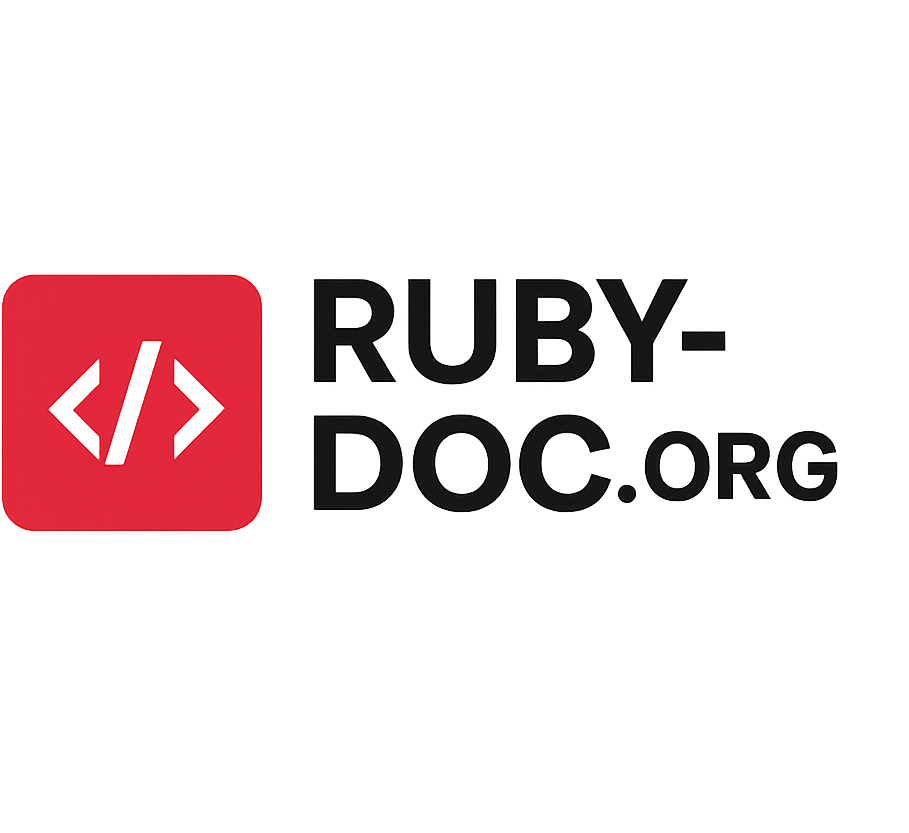
In today’s rapidly evolving software development landscape, AI-powered tools like GitHub Copilot are transforming how developers write code. With GitHub Copilot now offering both Business and Enterprise plans, many organizations are evaluating which option best suits their team’s size, security needs, and operational complexity. This article breaks down the key differences between GitHub Copilot Business vs Enterprise, helping you make an informed decision based on features, pricing, security, and administrative capabilities.
What Is GitHub Copilot?
GitHub Copilot is an AI pair programmer powered by OpenAI Codex. Integrated into code editors like Visual Studio Code, JetBrains IDEs, and Neovim, it suggests entire lines or blocks of code in real-time, based on context from the current file and surrounding projects.
Developers across the world use GitHub Copilot to boost productivity, reduce boilerplate, and accelerate feature development. However, when scaling this tool across teams or enterprises, choosing the right plan becomes critical.
GitHub Copilot Business vs Enterprise: A Quick Overview
| Feature | GitHub Copilot Business | GitHub Copilot Enterprise |
|---|---|---|
| Pricing | $19/month per user | Custom enterprise pricing |
| Admin Management | Organization-level | Enterprise-level + fine-grained |
| Policy Controls | Basic | Advanced with GitHub Enterprise |
| Telemetry Visibility | Limited | Full user-level analytics |
| SSO & SCIM Integration | No | Yes |
| Code Suggestions Filtering | Yes (optional) | Yes + enterprise-wide defaults |
| Compliance & Data Residency | Shared infrastructure | Enhanced control & compliance |
1. Pricing & Billing Structure
The GitHub Copilot Business plan is priced at $19 per user per month, billed monthly. It offers a straightforward subscription for small to medium-sized organizations.
In contrast, Copilot Enterprise offers custom pricing, typically negotiated based on user volume and deployment needs. This plan is ideal for large corporations that require scalability and advanced administrative control.
Best For:
- Business: Startups and growing tech teams
- Enterprise: Large organizations, especially those already using GitHub Enterprise Cloud
2. Security, Privacy, and Compliance
One of the biggest differentiators in the GitHub Copilot Business vs Enterprise debate is the level of security and compliance:
- Copilot Business provides basic privacy features, like code suggestion filters, which can block suggestions matching public code.
- Copilot Enterprise, however, comes with enterprise-grade compliance controls, deeper audit trails, and better integration with SSO, SCIM, and data residency features via GitHub Enterprise.
If your company must adhere to strict regulatory frameworks (e.g., SOC 2, ISO, GDPR), Copilot Enterprise provides a safer, auditable environment.
Best For:
- Business: Teams with moderate privacy needs
- Enterprise: Regulated industries like finance, healthcare, or government
3. Management and Policy Controls
With Copilot Business, organizations can assign and revoke licenses and set basic policies, such as turning off code suggestions matching public repositories.
Copilot Enterprise goes several steps further. It allows granular policy management, role-based access control, and centralized license provisioning across multiple GitHub organizations.
It also supports enterprise-wide telemetry, enabling team leads and security officers to see how Copilot is used, by whom, and how frequently.
Best For:
- Business: Single-team or single-organization use
- Enterprise: Multi-team, multi-org environments needing detailed policy oversight
4. Developer Experience
Both plans offer the core Copilot experience: real-time AI-powered code suggestions within your favorite IDE.
However, the Enterprise plan can be further customized, including support for custom extension policies and integration with internal systems, allowing developers to maintain workflows that align with internal governance.
Additionally, enterprises can enforce usage across their developers with a central enablement policy, ensuring consistency in adoption and coding standards.
Best For:
- Business: Developers needing out-of-the-box productivity
- Enterprise: Teams with specific customization and enablement needs
5. SSO, SCIM & Compliance Integration
Only GitHub Copilot Enterprise supports Single Sign-On (SSO) and System for Cross-domain Identity Management (SCIM)—critical for organizations with strict identity and access control requirements.
This feature allows seamless user provisioning, de-provisioning, and role synchronization from existing enterprise identity systems like Azure AD, Okta, or Google Workspace.
Best For:
- Business: Teams using GitHub-hosted identities
- Enterprise: Enterprises managing identities across thousands of employees
Use Cases and Decision Criteria
You should choose GitHub Copilot Business if:
- Your team has fewer than 100 developers.
- You don’t require SSO, SCIM, or advanced data controls.
- You want quick onboarding without negotiations.
- You’re not heavily regulated but want enhanced productivity.
You should choose GitHub Copilot Enterprise if:
- You’re part of a large organization with multiple dev teams.
- Your company uses GitHub Enterprise Cloud already.
- You require strict security, SSO integration (see Cloudflare), and compliance alignment.
- You want full control over telemetry, user policy, and licensing.
Final Thoughts: GitHub Copilot Business vs Enterprise
When comparing GitHub Copilot Business vs Enterprise, the choice hinges on scale, security, and administrative complexity. For fast-moving teams or startups, the Business plan offers tremendous value and simplicity. For larger companies with deeper infrastructure and compliance requirements, the Enterprise plan unlocks the full potential of Copilot within a controlled, secure environment.
Before deciding, consider your development scale, privacy policies, internal tooling ecosystem, and compliance responsibilities. Both tiers offer the powerful capabilities of Copilot—it’s just a matter of how deeply you need to integrate and manage them.
Need More Insights?
Stay tuned for future comparisons on GitHub Copilot alternatives, AI coding assistants, and best practices for enterprise AI adoption.
Read our Gitlab vs Github comparison article.
